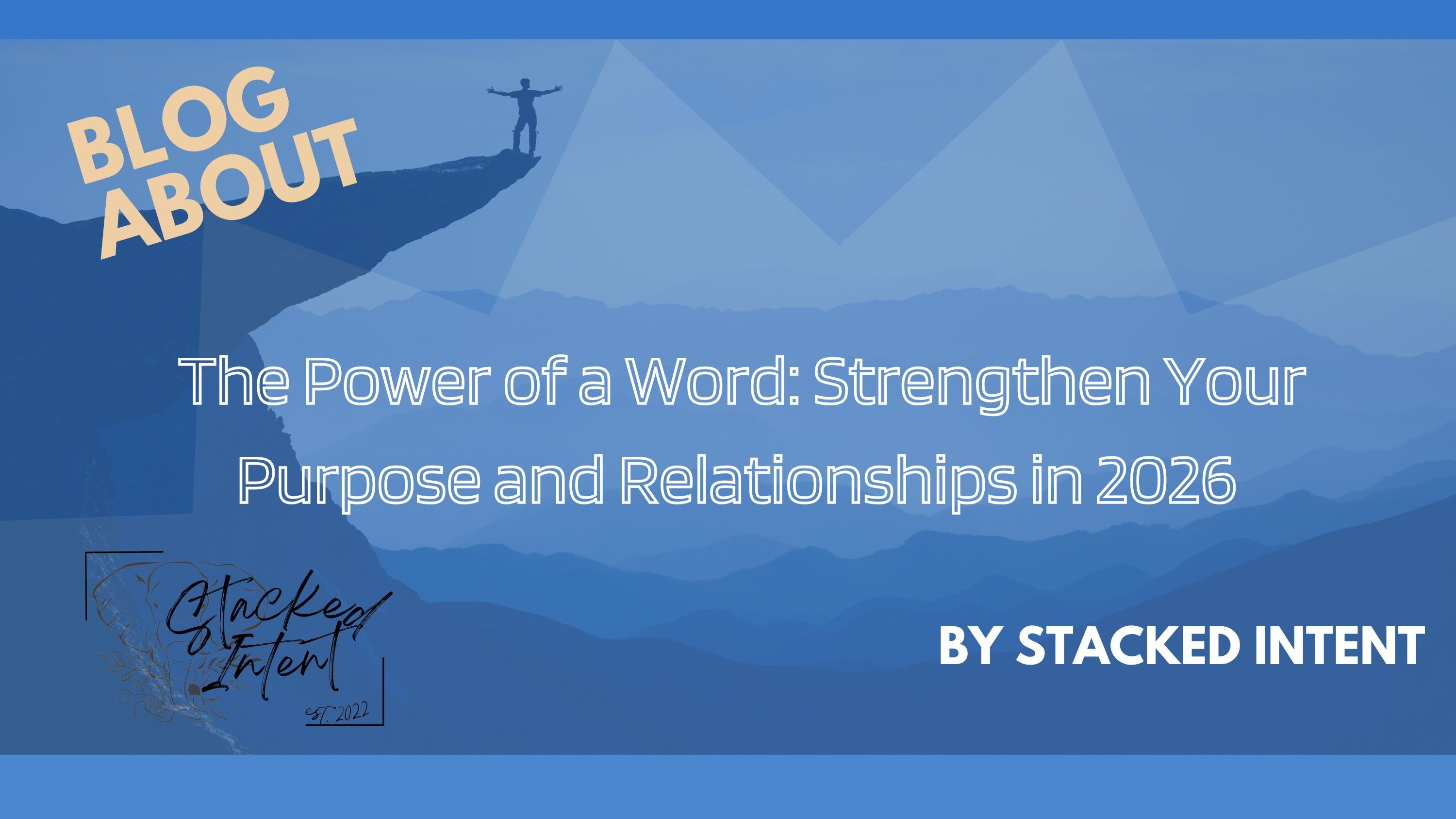Nutrition Through the Lifespan: Teens to Emerging Adults
Oct 08, 2024
Have you ever said that your teenager is “eating you out of house and home”, or that they are a “bottomless pit”? If so, you are not alone! Feeding your teenager can certainly be a challenge, but it’s important to remember that there is a lot going on with your teen. They are growing emotionally, intellectually, and physically. From ages 14-18, adolescent females require about 1,800 to 2,400 calories a day and males require 2,000 to 3,200 calories per day. That’s a lot of energy to have to fuel! Adolescents are at greater risk of dietary inadequacy than any other age group because of their increased recommendations of fruits, vegetables, protein, dairy and grains at during this age than at any other point throughout the lifespan. If adolescents do not consume the recommended amounts of nutrient-dense foods, they may be at risk for nutrient deficiencies in phosphorus, magnesium, and choline. Females also typically consume less meat, poultry and eggs than their male counterparts and end up with an underconsumption of protein. Failure to eat the recommended amounts of whole grains can also lead to low dietary intakes of folate and important B vitamins. If you can get your teen to eat more whole grains like oatmeal, brown rice, whole-wheat pasta, and whole-wheat bread, then they are likely to stave off hunger for a little longer during long days at school and practice. While it is important to consider what to feed them, it’s also important to keep in mind what NOT to feed your teen, which can present a challenge. Teenagers and adolescents are likely on the go, and you are probably doing all you can just to send them out the door with something in their hand for them to eat, which often times ends up being something high in sugar, empty calories, and is highly processed (think toaster pastries, and other convenience foods). But to truly fuel their day and give them the brain boost they need, a diet that is high in fiber, protein, and with a source of healthy unsaturated fat is recommended to stick with them well past homeroom and until lunchtime. A good example of this would be a piece of whole wheat toast with peanut butter and a banana, or oatmeal with walnuts and dried fruit. Healthy packed lunches don’t have to be complicated either and can be put together the night before. When planning what to pack, try to include a lean protein source, like tuna, chicken or sliced turkey, some fresh veggies, a serving of fruit, string cheese and whole grain crackers. Instead of soda, opt for flavored sparkling water or 100% fruit juice.
After graduation, your teenager transitions into emerging adulthood (ages 18-25) and is likely now in charge of planning their meals or deciding what to eat, whether that be on campus in the dining hall, in their own apartment, or in your kitchen as they are still living at home (we know it happens). This is the stage of life where energy needs are likely going to shift to accommodate for reduced physical activity. Think about if your child was an athlete in high school, likely going to daily practice for two to three hours, along with weight or cardio training. If they stop doing those activities, they do not need to consume as many calories to balance the amount they would be expending through exercise and physical exertion. If an emerging adult is not careful and becomes sedentary and practices poor dietary habits, this is when unwanted weight gain may occur. To mitigate this concern, it is important for emerging adults to learn how to balance what they do with what they eat and work to maintain appropriate portion sizes, learning how to prepare nutritious meals for themselves, and focus on incorporating a variety of fruits and vegetables into their diet and limit their intake of highly processed foods. Emerging adults can find out what their energy needs are and how many servings from each of the five food groups they should aim for by visiting: www.myplate.gov/myplate-plan.
It’s about the journey, not the destination
Grab a weekly lesson, motivation, and self-care ideas delivered to your inbox in becoming authentically YOU.
We hate SPAM. We will never sell your information, for any reason.




